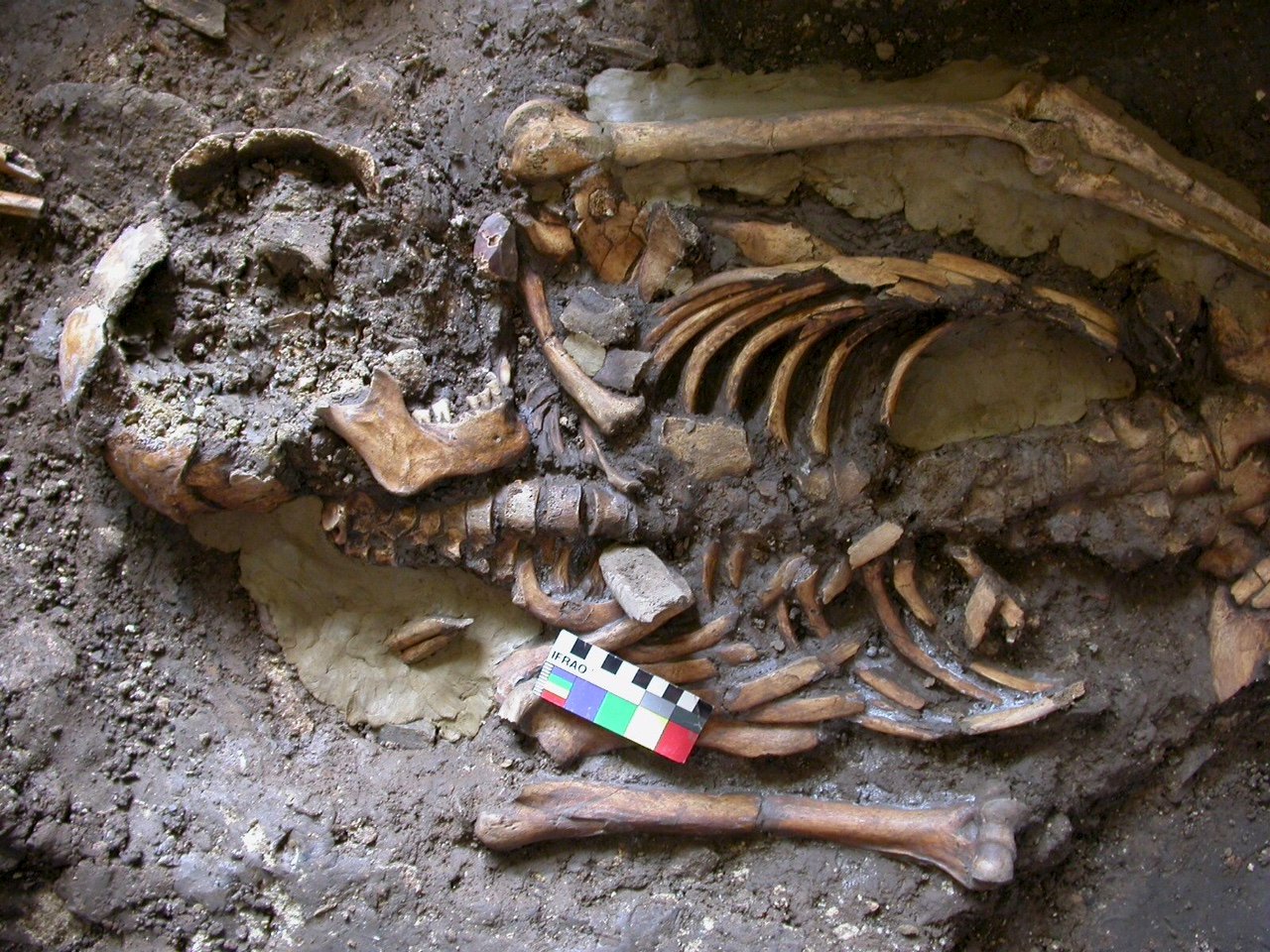DNA extracted from a skull and a molar tooth of ancient human remains discovered in the southern Caucasus region of Georgia is helping sort out the multifaceted ancestry of modern Europeans.
Scientists said on Monday they sequenced the genomes of two individuals, one from 13,300 years ago and the other from 9,700 years ago, and found they represented a previously unknown lineage that contributed significantly to the genetics of almost all modern Europeans.
These individuals were members of hunter-gatherer groups that settled in the Caucasus region, where southern Russia meets Georgia, about 45,000 years ago, after our species trekked out of Africa to populate other parts of the world. At the time, Europe was populated by Neanderthals.


















With your current subscription plan you can comment on stories. However, before writing your first comment, please create a display name in the Profile section of your subscriber account page.